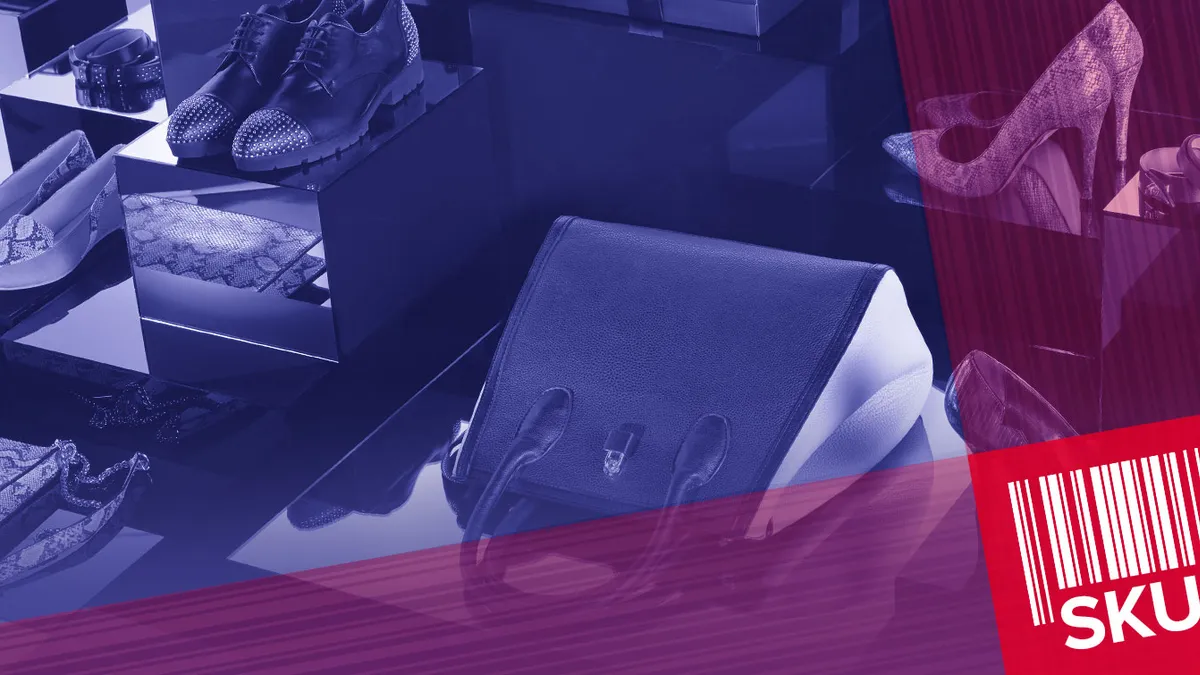Kaarin Vembar is obsessed with the luxury and apparel markets. She also has a sassy mouth so her managing editor decided to give her a column in an attempt to harness insight for readers. Kaarin can be reached at [email protected].
Whoever says what goes up must come down obviously hasn't been to Chanel.
The fashion house introduced price increases three times within the past year in order to address supply chain and raw material costs.
And they aren't the only ones. LVMH's Louis Vuitton announced that the company was raising prices globally due to manufacturing and transportation costs. Reuters reported on Feb. 15 that the company's prices would jump across a number of categories including leather goods, accessories and perfumes. Five days earlier hundreds of Louis Vuitton factory workers had staged a walkout in protest of low wages and difficult working hours.
Which begs the question — what are these price increases covering exactly?
As fashion month winds down and trends for the coming season reveal themselves (micro-mini skirts! Y2K Fashion! Cut outs! Whatever the hell this hat is from Marni!) one style luxury retailers can agree on is increased price tags.
In a February earnings call with analysts, Capri CEO John Idol said that price increases were already underway at Jimmy Choo and there are more on the way.
"The brand has been underpriced," he said, and followed it with a reveal that Versace's prices are going to go up too. "All the luxury industry is raising prices," he said, stating that positioning Versace at a higher price point will bode well for the company's gross margin. And, not to be outdone, Michael Kors will hike its prices, too.
Idol said that historically it used to sell much higher-priced handbags, thus it is "going back to where we were before."
Idol was quick to point out that it's just not about better margins, that the company is working on improving product quality. Which, sidenote, were y'all not doing that this entire time?
(Speaking of Y2K if I can reappropriate some "Mean Girls" dialogue by saying, Regina George style: "So you agree..Your merchandise hasn't been of top quality for a number of years now?")
Tapestry, which owns the brands Coach, Kate Spade and Stuart Weitzman, stated in its latest earnings call that the company was identifying ways to strategically raise prices to counterbalance inflation.
"We see runway to leverage price increases to offset inflation, while maintaining our market positioning and delivering compelling value for our customers, which is our overarching goal," Tapestry CEO Joanne Crevoiserat said on the call.
Hermès, which reported an "exceptional year" in its latest earnings report, said that the fashion house doesn't intend to use prices as a way to boost further growth. "Our price is the genuine price. There's a real rapport of trust between us and our customers, and I wouldn't want to put that in jeopardy," Hermès Executive Chairman Alex Dumas said in a presentation following full-year results.
The company then went on to explain that price increases, which should be about 3.5% this year, are a result of growing manufacturing costs. What I'm hearing is that prices are still going to jump.
Even Telfar, which is known for its affordable-for-luxury prices, introduced a Round Circle Bag at New York Fashion Week for a retail price of nearly $600, and everyone nearly lost their minds. To be clear, this is not a price increase, but rather the introduction of a new product at a different price point, when bags from the brand typically cost between $150 and $300.
This is also perhaps a ripe time for the luxury market to do what they have been trying to do for years. Fashion houses were always trying to get a balance right with setting global pricing standards. Chanel was trying to regulate prices due to currency fluctuations way back in 2015.
But, back to the discussion of gravity. It's not like luxury handbag prices follow Newton's rules. If, say, supply chain costs decrease or somewhat normalize in the near future, do we expect fashion houses will adjust to the lower prices for production? That those who are saying "production costs are going up" in their earnings will adapt to those costs? Of course not. That's why what is happening right now is here to stay.















